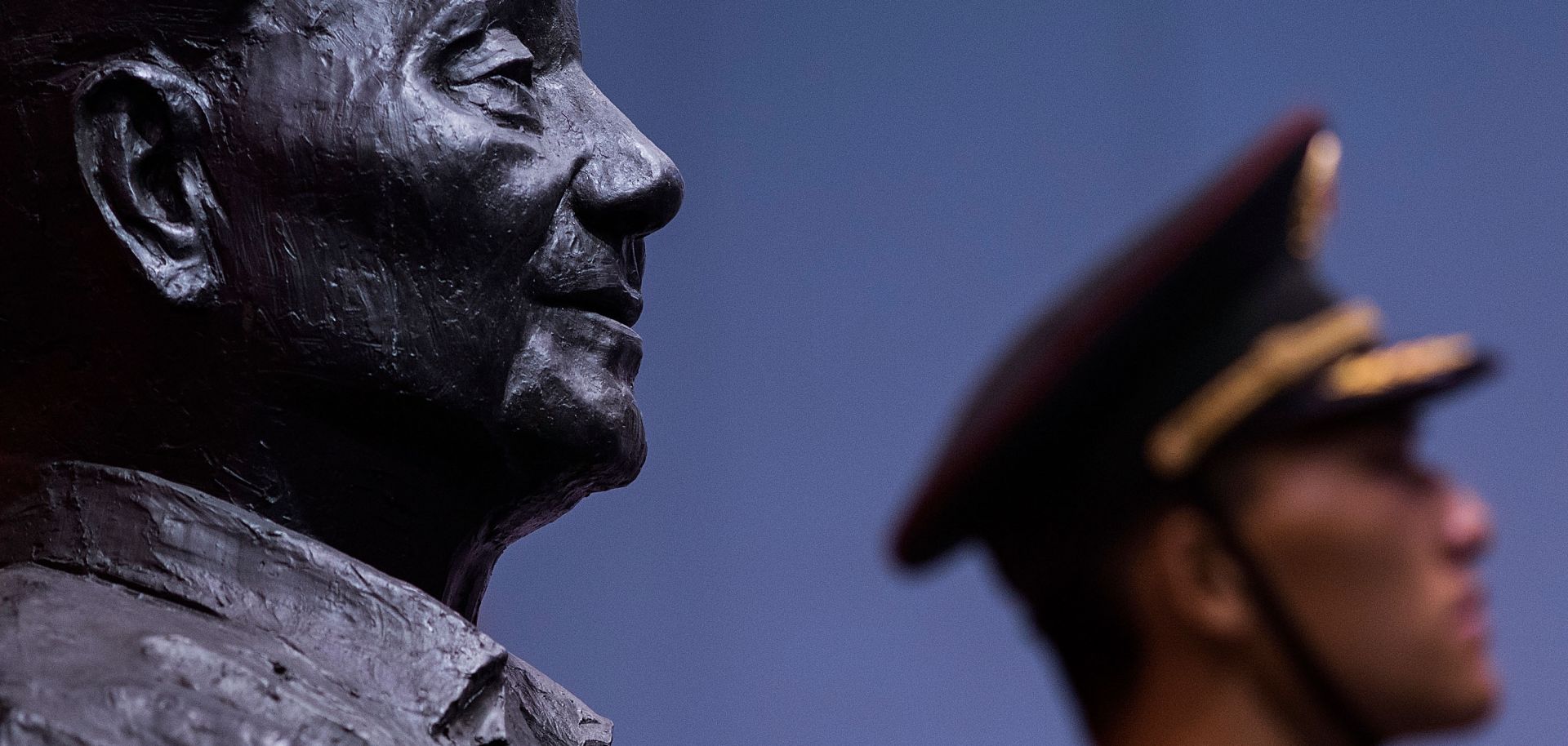ASSESSMENTS
The End of China's Dengist Diplomacy
Oct 17, 2017 | 09:00 GMT

Directly engaging, picking sides or deploying troops in a conflict would mark the clear end of China's Dengist foreign policy and raise the country to the status of an interventionist power like Russia, the United States or the European states.
(LAM YIK FEI/Getty Images)
Editor's Note
The 19th Chinese Communist Party Congress runs Oct. 18-24. The convention marks the start of a transition as delegates name new members to lead China's most powerful political institutions. But the change in personnel is only part of a larger transformation underway in the Party and in the country — a process that began long before the party congress kicked off and will continue long after it ends. This is the second installment in a four-part series examining how far China has come in its transition, and how far it has yet to go.
Subscribe Now
SubscribeAlready have an account?
